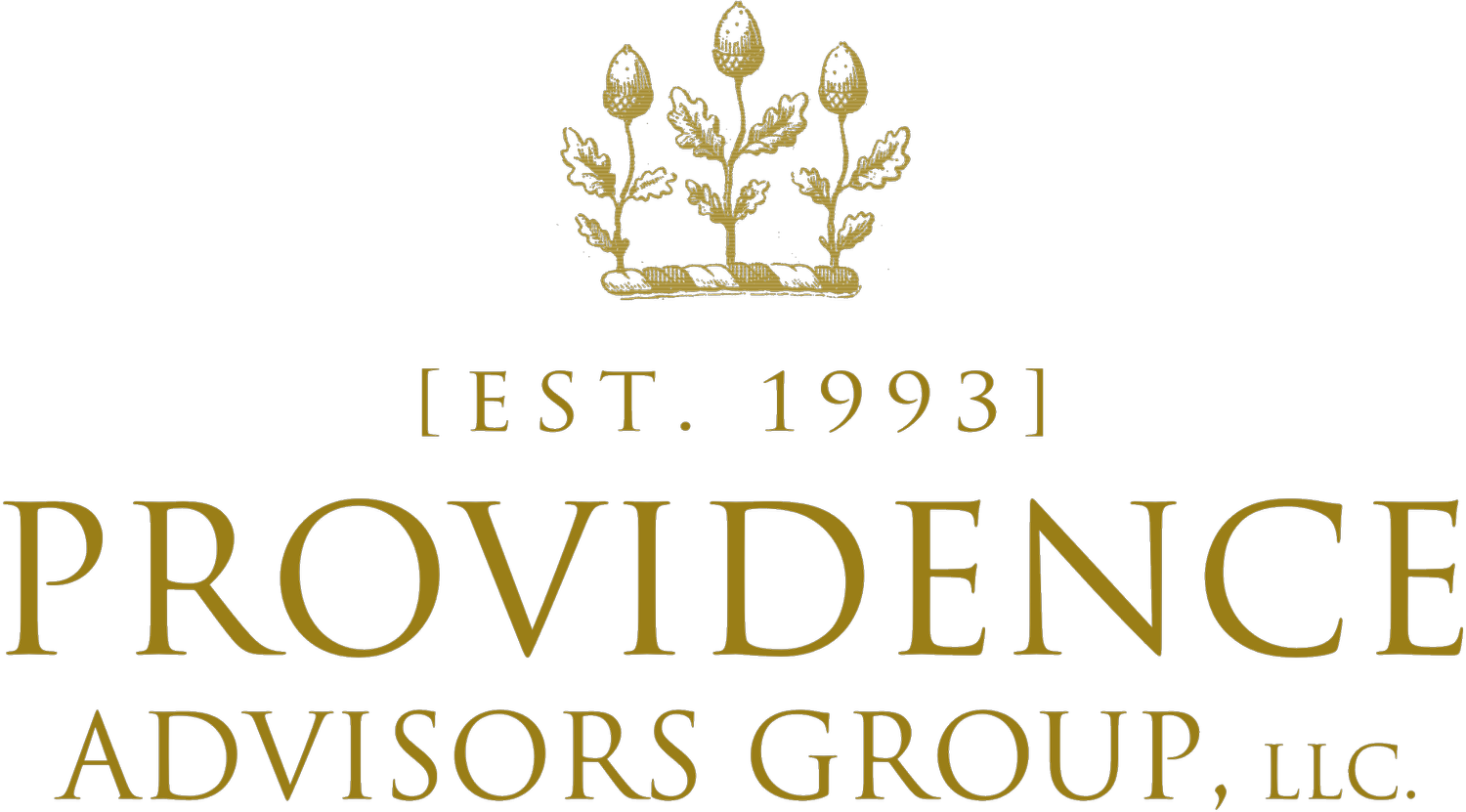Do We Undervalue Financial Flexibility Too Much?
The Wall Street Journal published an article this morning by Jonathan Clements, a financial writer I've long followed. Sadly, Clements is facing a terminal cancer diagnosis, and his article offers insights into personal finance management during life's most challenging moments. One particular line struck me:
"Even though most of my money is in retirement accounts, I haven't had any issues accessing cash because the money is in IRAs, rather than an employer's plan, and because I'm over age 59½, so tax penalties aren't an issue. It would be a different story if, say, much of my wealth was in real estate, private partnerships or tax-deferred annuities with hefty back-end sales commissions. As I've come to appreciate, financial flexibility is a virtue that doesn't get nearly enough attention."
As a financial planner, I've long emphasized the value of simplicity in managing one's finances. However, this sentence, in its context, resonated with me in a new way. It made me realize that perhaps I haven't given enough thought to the virtue of flexibility in retirement planning. While the unpredictability of the economy, stock market, and retirement is widely acknowledged, I believe Mr. Clements is advocating for more than just recognizing the importance of flexibility. He's suggesting that we should delve deeper into how financial flexibility can be integrated into the core of our financial planning process, giving it more weight and consideration than it typically receives.
CDs and Money Market Funds
From when I started working at Providence in 2013 until 2021, bank account interest rates offered negligible returns. Most clients' checking accounts earned a mere 0.01%, while savings accounts rarely exceeded 1%, often hovering around 0.1%. This environment pushed many clients to take on equity risk to beat inflation. Consequently, many of our clients invested their extra cash in our Endowment Series A portfolio, aiming in the long-term to outperform bank offerings while maintaining a buffer against potential stock market corrections.
The landscape changed dramatically when the Federal Reserve began raising interest rates in 2022. Suddenly, CD rates and Money Market funds became attractive, offering annual returns up to and over 5% - a respectable yield for retirees, especially considering the minimal risk. Money Market funds typically trailed the best CD rates by a few tenths of a percentage point. For instance, if a client's bank offered a 5% rate, our Stable Value fund, composed of ultra-short duration funds, might yield about 0.5% less after factoring in our advisory fee. A few of our clients opted to reinvest in CDs at their local banks, while others chose a Stable Value fund we offered for simplicity. Also during this period was the question on whether one should buy iBonds at TreasuryDirect.gov. In the moment, it was hard to pass up temporary 8-9% yields, but looking back on it I find clients all the time who have a whole TreasuryDirect.gov account setup for $10,000 of iBonds they bought that locked up their funds for a year unless penalties were incurred.
While neither path is objectively wrong for safe funds, I now agree with Mr. Clements that we may overemphasize optimization and possibly simplicity at the expense of flexibility. When it comes to emergency funds and extra cash, accepting a slightly lower yield in exchange for greater liquidity might be more prudent than locking funds up for marginally higher returns (or a clunky website!).
Are Real Estate Empires Forever?
I've encountered numerous individuals and families who have amassed substantial wealth by investing in real estate or growing AirBnB businesses over the past decade. Those who purchased properties between 2010 and 2020 capitalized on a once-in-a-lifetime opportunity, benefiting from deflated real estate prices and subsequently refinancing at historically low interest rates. Many of these investors are reluctant to diversify into the stock market, given their experience of doubling property values and tripling rental rates. The prospect of replicating this success often outweighs the less exciting, perhaps lower ceiling returns of stock investing.
Consider a scenario: You're in your 60s, having built a substantial real estate portfolio that has grown beyond your wildest expectations. Your rental hobby has evolved into a bona fide real estate empire, allowing you to contemplate retiring from your day job. What's the next step?
While advice would vary based on individual circumstances and financial goals, it's worth considering whether managing a $10 million real estate portfolio is how you want to spend your later years. If you're married, how would your spouse or children manage if something happened to you? Would they want to continue the business or face the daunting task of liquidating properties and restructuring the business plan? Despite the life-changing wealth and security real estate has provided, it might be prudent to transition towards a more flexible and sustainable financial plan that your heirs can manage. For instance, instead of maintaining 30 rental properties, you might consider reducing that number by half over the next decade. Rather than having 90% of your wealth tied up in real estate and tenants, you could work towards a more balanced portfolio with 50% of your wealth available for life's unpredictabilities.
Conclusion
These are just two examples that came to mind during my afternoon coffee break. I'm grateful for Mr. Clements' perspective and intend to more intentionally incorporate the virtue and benefits of financial flexibility into my advisory approach.
